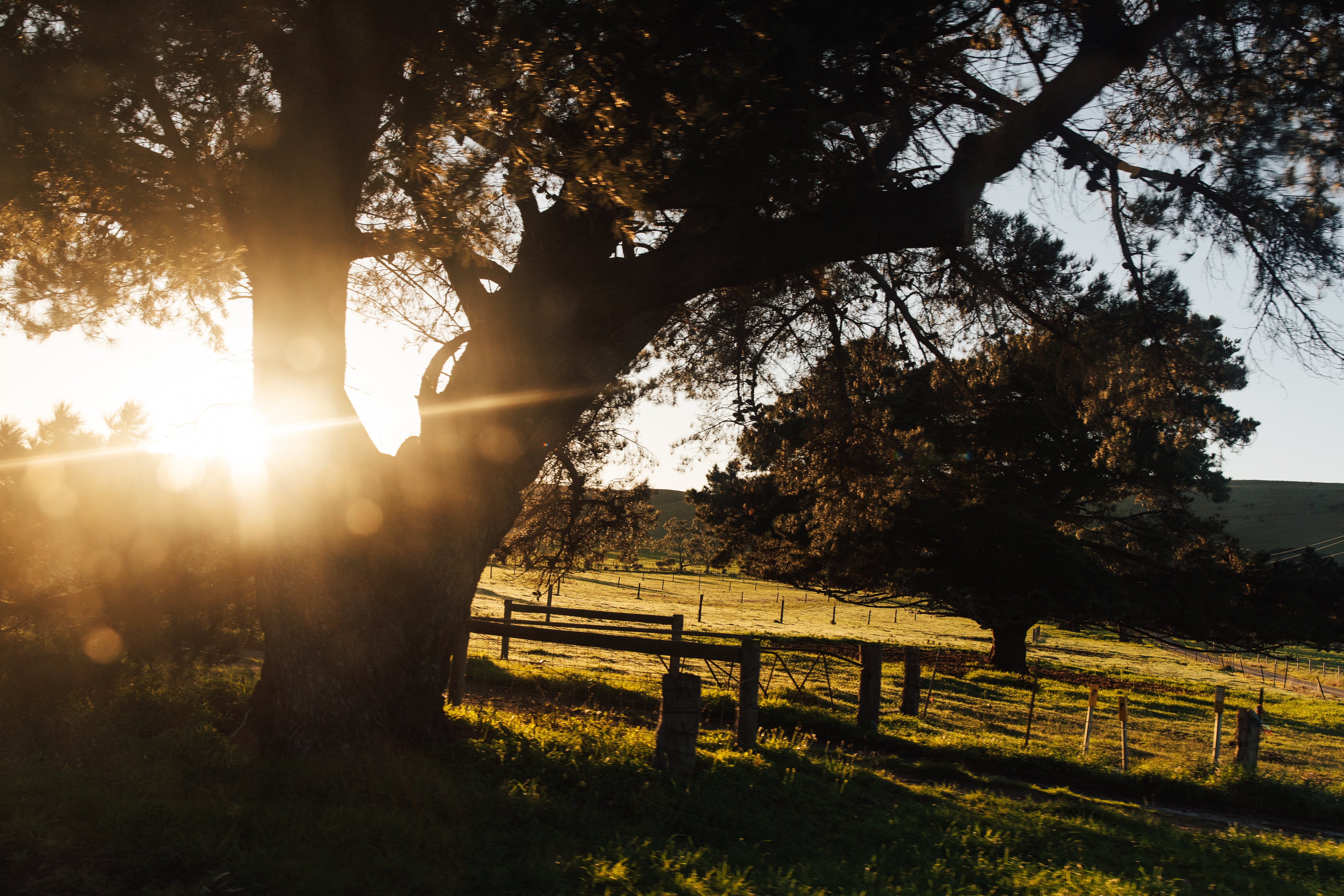
Fast reactions can help slow disease reach
Pene Keynes and Emily Buddle (Livestock SA)
How would you respond to a livestock disease outbreak on farm? Would you notify your neighbour of the potential risks to their business so they can be more vigilant, or would you keep any animal issues status hidden to protect your business reputation?
A producer’s attitude towards biosecurity and animal health will impact the way they react to a livestock disease outbreak, either endemic or exotic.
The Australian livestock industry prides itself on being free from many trade-sensitive diseases. Our industry often links the reputation of a farming business to the health of their livestock, creating a stigma associated with experiencing a livestock disease outbreak.
However, the threat of a disease outbreak is always looming and can happen to even the most vigilant producer. Outbreaks can be caused by a range of factors, including straying stock and a break down in quarantine procedures when introducing stock to a property.
A farmer’s reputation should hinge on the practices they are doing to minimise the risk of a disease outbreak, and their ability to quickly respond, contain the disease, address animal welfare issues and stopping it from affecting other producers in their region and industry, rather than simply ignoring the issue….
Managing disease outbreaks without assistance can result in an inaccurate diagnosis and incorrect management which will increase costs and may put animal welfare at risk in the long run. The potential to assume a disease outbreak is an endemic disease, when it may be an exotic disease that if not detected and diagnosed correctly would have a disastrous effect on the whole livestock industry – do you want to be responsible for that?
If incorrectly managed, the disease may infect neighbouring properties and exacerbate the issue further. Even worse, producers who decide to ignore the disease can cause significant headache for all those involved, having a catastrophic outcome for productivity and animal welfare.
A collective response to a disease outbreak will result in far better outcomes than if a producer were to try tackle eradication alone. The willingness to be open with vets, animal health officers and neighbours will allow for a quick diagnosis and response, allowing for faster eradication and ultimately more vigilance in the region to reduce the spread to others.
The first step is to get an accurate diagnosis. Producers should contact their local vet or animal health officer to find out what kind of disease they may be dealing with - it may be a notifiable disease. Notifiable diseases are those which threaten our livestock industries and need to be reported to the Department of Primary Industries and Regions (PIRSA) via the Emergency Animal Disease Watch hotline – 1800 675 888 - so action can be taken to prevent spread throughout the livestock industry. In South Australia, there are several notifiable diseases that include but are not limited to footrot, lice and OJD. Many endemic diseases can also look like notifiable exotic diseases and therefore urgent veterinary diagnosis is required to eliminate any potential risks.
Historically, diagnosis of some notifiable diseases - such as footrot - may have led to a full quarantine order. However, today full quarantine orders are rare and might only occur in the case of a high suspicion of an Exotic Animal Disease (EAD) outbreak. There are now more trading and treatment options available to producers with livestock that have been diagnosed with having a notifiable disease.
Anyone who suspects or diagnoses a notifiable disease is legally required to report it immediately to PIRSA or to the Emergency Animal Disease Watch hotline 1800 675 888.
Our industry needs to eliminate the stigma associated with livestock becoming unwell with a notifiable or endemic disease. People may be concerned about having those hard conversations with their friends or clients about diseases and disease outbreaks, believing it could lead to negative outcomes such as lost relationships and business clients.
However having such conversations is in the best interest of our industry. It is important that producers are notifying their vet and/or PIRSA about any animal health conditions they are experiencing, and working with their neighbours on how to manage spread.
As an industry, we all have a social responsibility to do the best with our biosecurity practices so we can protect ourselves, neighbours, and our access to markets. We all need to get more comfortable with uncomfortable livestock health conversations for the benefit of the whole livestock industry.
